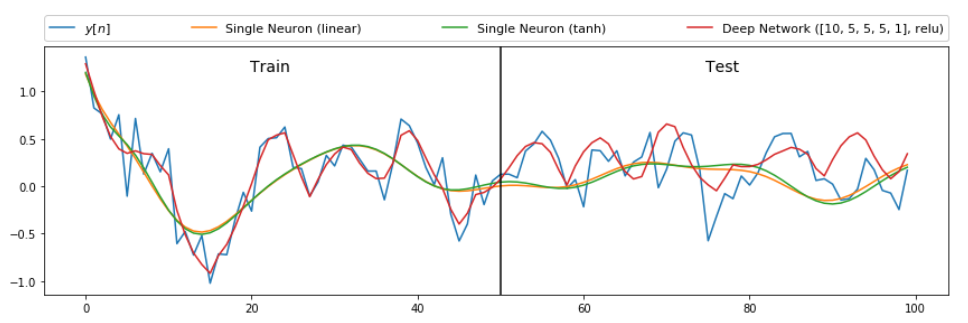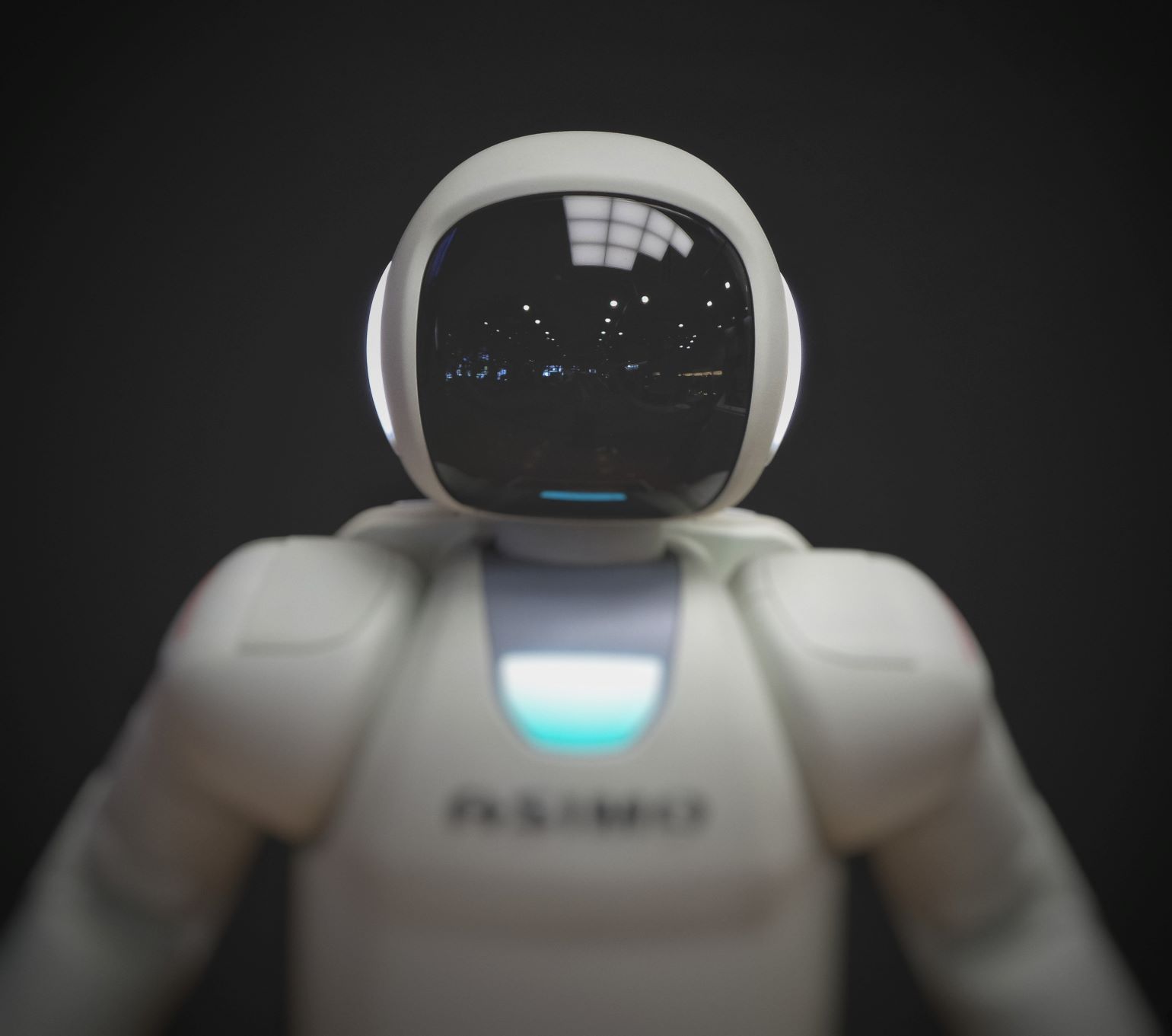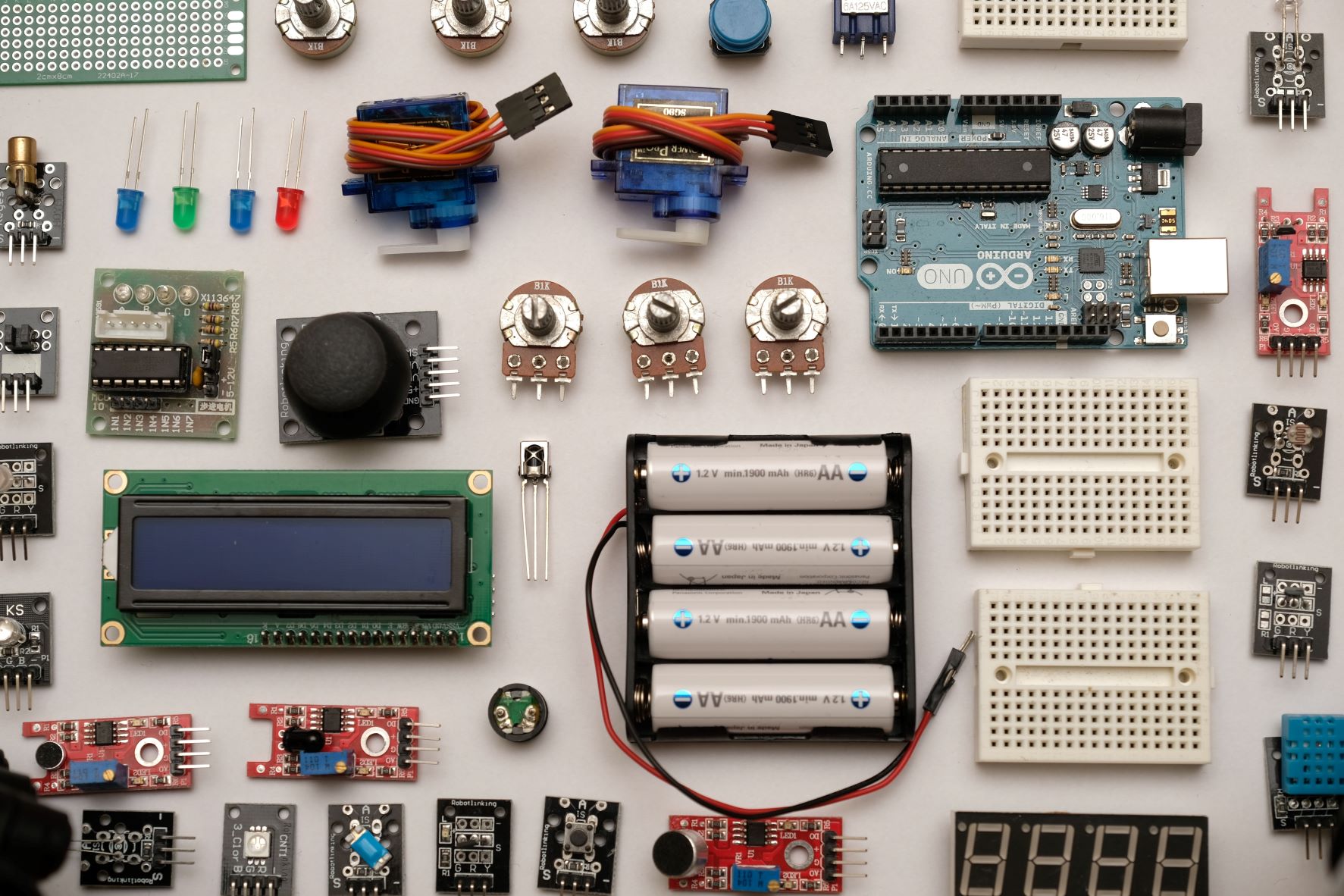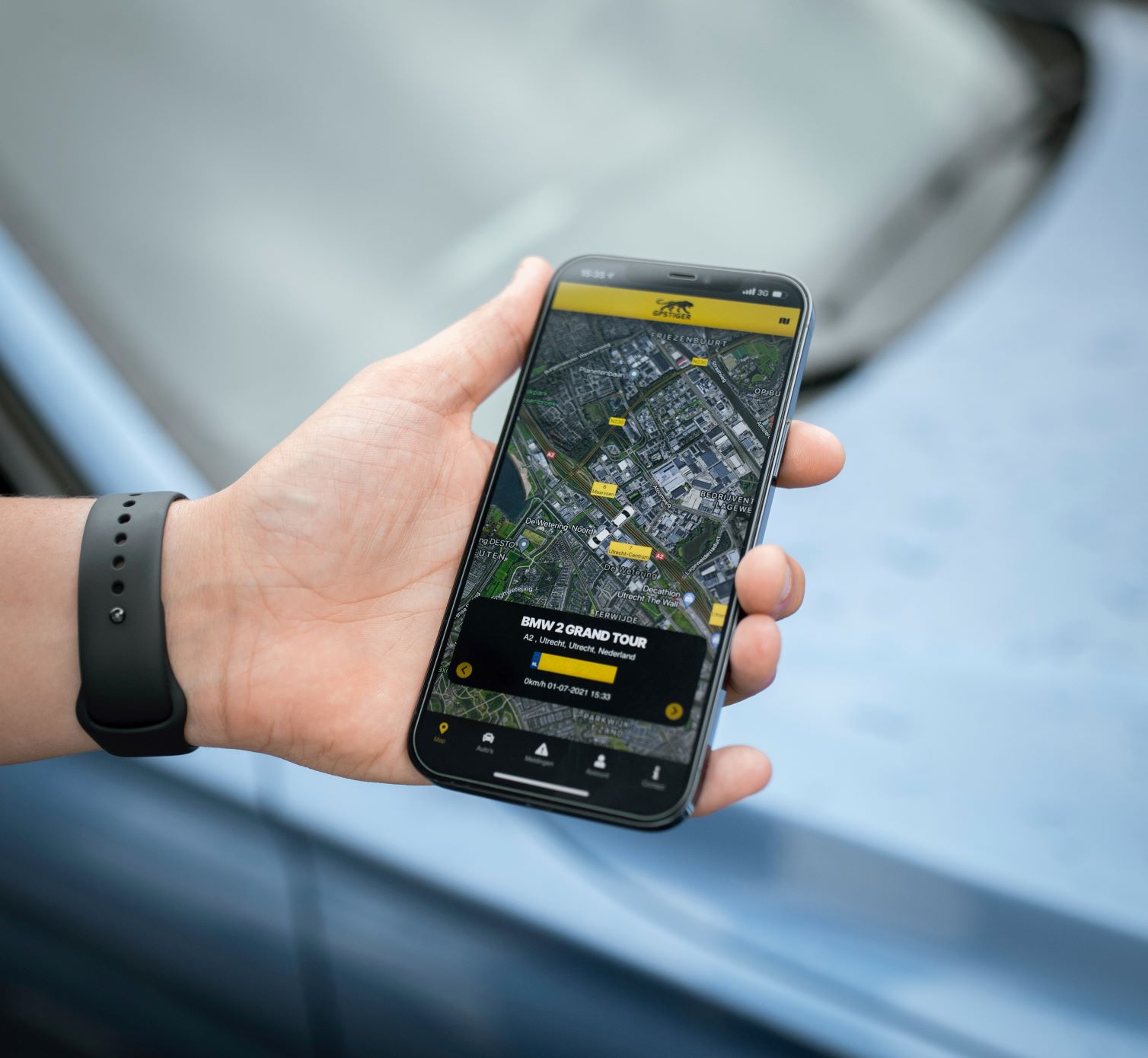Jan-Mar 2023, Imperial College London
- Classical spectral estimation: periodogram, averaging and Blackman-Tukey method
- Stochastic gradient type algorithms: least mean square and recursive least squares and Kalman filtering adaptive algorithm families
- Multidimensional adaptive filters, widely linear estimators, dealing with data noncircularity
- Nonlinear online learning algorithms and their connection to neural networks and deep learning
Adaptive Signal Processing & Machine Intelligence - Coursework
The syllabus included:
This practical coursework also involved processing physiological data such as ECG and EEG.

Oct-Dec 2021, Imperial College London
Artificial Intelligence - module
This course aimed to teach the programming, reasoning and planning processes at the core of Artificial Intelligence. I have learnt how to formulate a problem space, the declarative notation for describing it, and the algorithms for searching it.
I have studied and implemented different types of uninformed and informed search strategies, adversary strategies for 2-player games, reinforcement learning and potential fields for path planning.
I have also explored different types of logic (predicate, propositional, model) and reasoning (temporal, using Event Calculus, and automatic, using KE Calculus). All the laboratories were done in the declarative language Prolog.
Final mark: 1st Class
Oct-Dec 2021, Imperial College London
Machine Learning - Module
During this module I have formulated real-world problems into machine learning ones, pre-processed data, designed and tuned different ML architectures, and then tested and validate them. The language used was Python, with Pytorch and Keras libraries.
The content of this module included: the probabilistic theories behind learnability, Empirical risk minimization and dealing with noise, Neural Networks, SVM and kernels, Unsupervised learning and Reinforcement learning.
Final mark: 1st Class
Jan-Apr 2022, Imperial College London
- Deep Feedforward, Convolutional and Deep Generative Networks.
- Regularization and Optimization for Deep Models
- Autoencoders
- Representation and Reinforcement learning
Deep Learning - Laboratory
Thanks to this laboratory I have gained hands-on experience in working with Deep Models, and approach practical machine learning problems such as automatically extracting features from data to solve predictive tasks, such as speech recognition, object recognition, machine translation, and question-answering. This included working with:
Final mark: 1st Class




